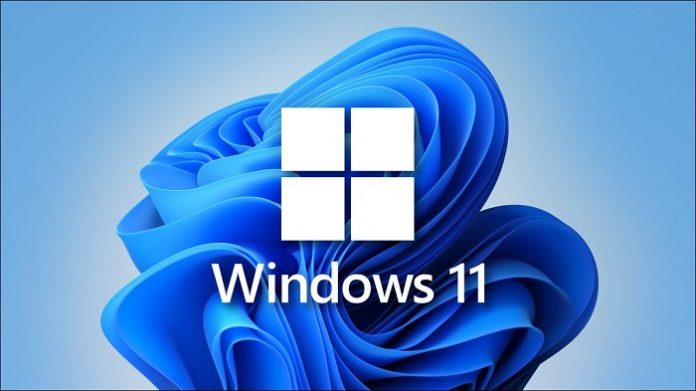seniorspectrumnewspaper – The recent Windows 11 update KB5063878 may be causing SSD failures during large file transfers. According to early user reports. The update, which brings build 26100.4946, was released by Microsoft to improve system security. However, Japanese tech outlet NichePCGamer and several users have raised concerns about storage reliability following its installation.
Read More : RedMagic Astra Launches Globally with Snapdragon 8 Elite
User @Necoru_cat on X (formerly Twitter) first reported the issue, noting that continuous file transfers exceeding 50 GB lead to SSD malfunction. In these cases, the system fails to recognize the drive mid-transfer. When affected systems are rebooted, some SSDs become completely inaccessible.
Initial findings suggest that SSDs with Phison NAND controllers are more likely to encounter the problem. But the issue may extend beyond a single controller type. NichePCGamer shared a list of affected models, including the Corsair Force MP600, Phison PS5012-E12, SanDisk Extreme Pro M.2 NVMe, Fikwot FN955, and Kioxia Exceria Plus G4 1 TB. The problem has not yet been officially acknowledged by Microsoft or SSD manufacturers. For now, the issue appears limited in scope, with only a few public reports.
Affected SSDs, Recovery Potential, and Recommended Precautions
In some instances, affected SSDs may become temporarily inaccessible but recover after a full reboot. @Necoru_cat later confirmed that certain models displayed this behavior. These include the WD Blue SN5000 2 TB, WD Red SA500 2 TB SATA, Corsair MP510 960 GB, and Crucial P3 Plus. While the number of confirmed cases remains low, the potential risk to data integrity and hardware should not be overlooked. Some users may not notice the problem immediately. But the impact could become serious during critical file transfers or system operations. Microsoft has not released an official statement or patch addressing the situation. Until further information becomes available, users should take extra precautions, including backing up data frequently and monitoring drive performance.
If you have already installed update KB5063878, avoid transferring files larger than 50 GB. Especially if your system uses SSDs with Phison or similar controllers. Users planning major data transfers may want to delay updating to this version or consider rolling back to the previous build. The root cause of the issue remains unknown. However, its correlation with specific controllers and large data loads is consistent across reports.
Read More : Vivo Vision Headset Launch Set for September Unveiling
Users experiencing the issue should report it directly to Microsoft or their SSD manufacturer to help identify and resolve the problem. As updates progress, developers may confirm the issue or release fixes. Until that happens, users who rely on SSDs for frequent or large data transfers should use their systems cautiously.


